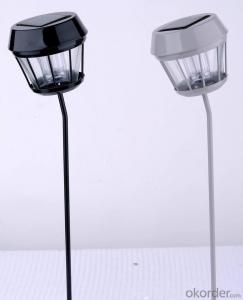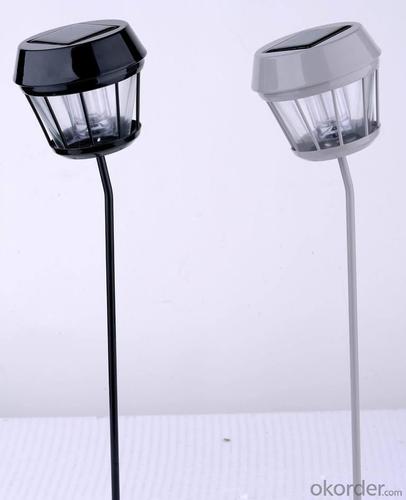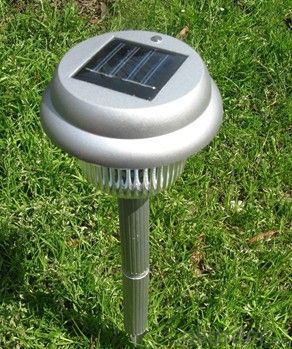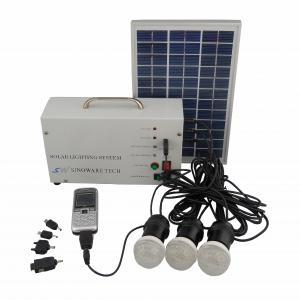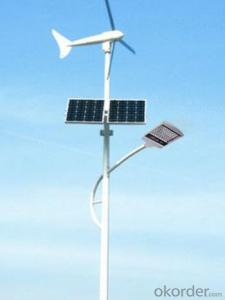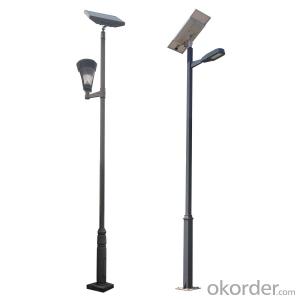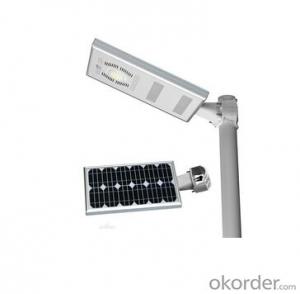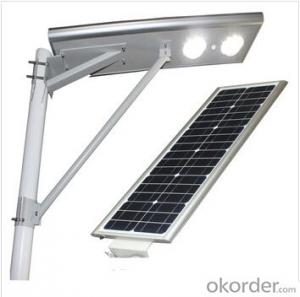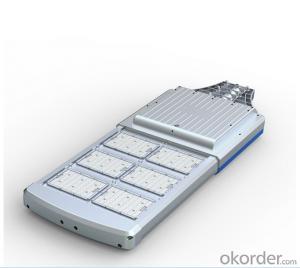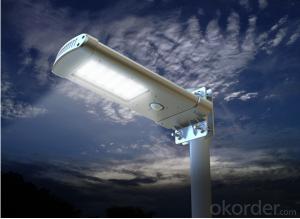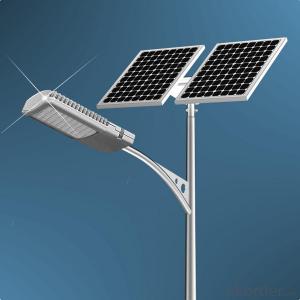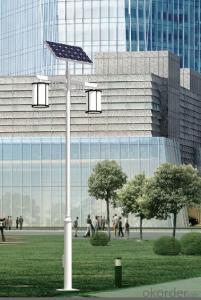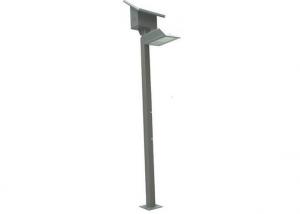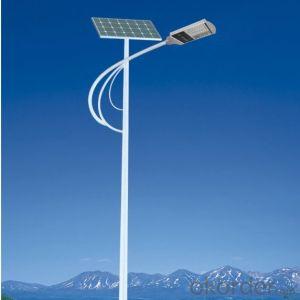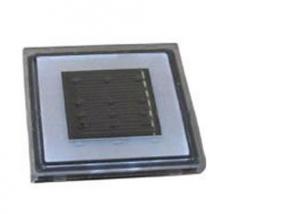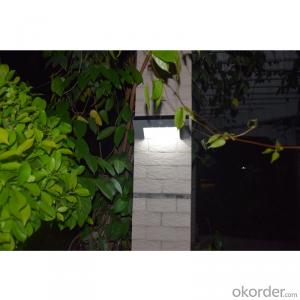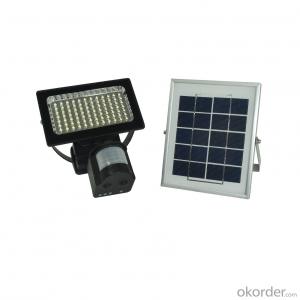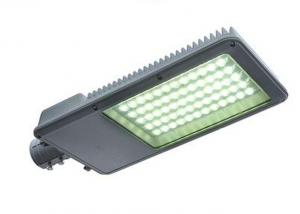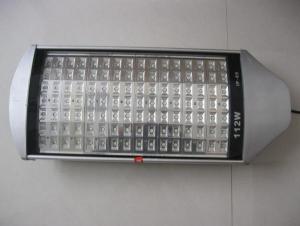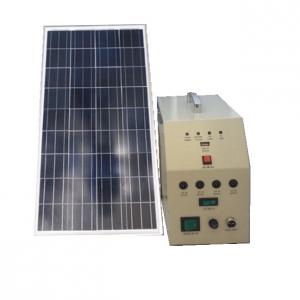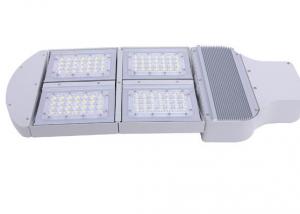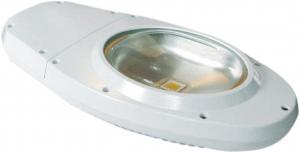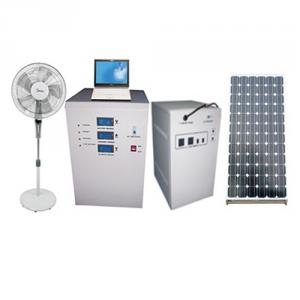Solar Light Outdoor Solar Garden/Ground Lights
- Loading Port:
- China Main Port
- Payment Terms:
- TT OR LC
- Min Order Qty:
- -
- Supply Capability:
- -
OKorder Service Pledge
Quality Product, Order Online Tracking, Timely Delivery
OKorder Financial Service
Credit Rating, Credit Services, Credit Purchasing
You Might Also Like
Specifications
solar crackle glass ball light
1.Power type: solar cell
2.Bulb type&quantity:1 pc Led
3Bulb brightness:12000-15000mcd
solar garden light
| specification | Feature: | |
| solar gardn light | 1. Automatic turn on/off by light sensor:at dusk it turns on,in the day it turns off | |
| powered by solar | 2.Light always keep lighting | |
| LED:1PC LED | 3.Collect sunlight is 8 hours,and work time is over 10 hours | |
| Brightness:12000-15000mcd | ||
| main materil: glass and stainless steel | ||
| Package detail&weight | ||
Inner color box size(pcs):1pc in a color box,11*11.5*12cm,0.12KG Outer packing box size(pcs):36pcs in a Carton,48.5*36.5*38cm,6.2KG | ||
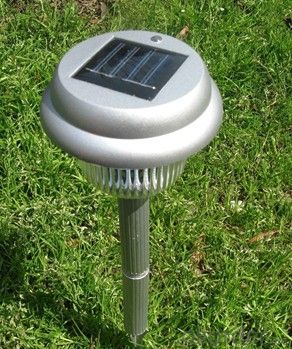
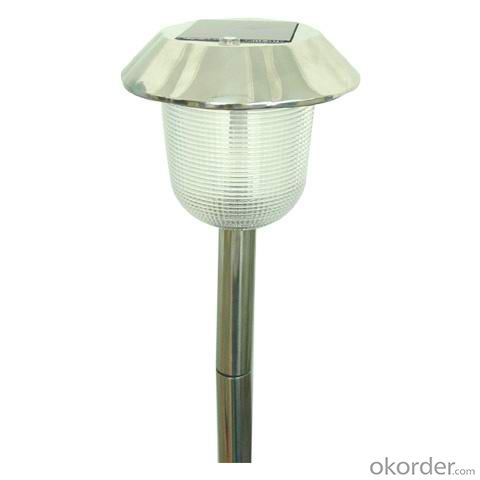
- Q: Can solar lights be used for billboard lighting?
- Yes, solar lights can be used for billboard lighting. They are an energy-efficient and cost-effective solution for illuminating billboards, as they harness sunlight during the day to generate power and can provide bright lighting at night. Solar lights also offer flexibility in installation and are environmentally friendly, making them a suitable choice for billboard lighting.
- Q: How do solar lights turn off in the morning?
- Solar lights turn off in the morning through an automatic process called a photocell or light sensor. These devices detect the level of natural light and when the sunlight reaches a certain threshold, they trigger the solar lights to turn off. This mechanism ensures that the lights are only active during the night when they are needed and conserves energy during daylight hours.
- Q: Are solar lights suitable for off-road or adventure vehicles?
- Yes, solar lights are suitable for off-road or adventure vehicles. They are a convenient and eco-friendly lighting solution that can be easily installed on vehicles without the need for complicated wiring or external power sources. Solar lights provide reliable illumination during outdoor adventures, ensuring visibility and safety in remote locations where access to electricity may be limited. Additionally, they are durable, weather-resistant, and can be easily repositioned to meet specific lighting needs, making them an ideal choice for off-road or adventure vehicles.
- Q: Are solar lights resistant to wildlife interference?
- Yes, solar lights are generally resistant to wildlife interference. Due to their design and installation, most solar lights are built to withstand and deter wildlife interference such as birds nesting or animals tampering with them. However, it is important to note that certain animals may still be able to disrupt or damage solar lights, so occasional monitoring and maintenance may be necessary.
- Q: Do solar lights have adjustable sensitivity for light detection?
- Yes, many solar lights have adjustable sensitivity for light detection. This allows users to customize the level of darkness required for the light to turn on, providing flexibility and energy efficiency.
- Q: Do solar lights have a backup battery option?
- Yes, some solar lights do have a backup battery option. This allows them to store excess energy generated during the day and use it during nighttime or when there is limited sunlight available.
- Q: Are solar lights suitable for outdoor events?
- Yes, solar lights are suitable for outdoor events. Solar lights are designed to be used outside and can provide a reliable and eco-friendly source of lighting for various outdoor events. They are particularly useful for events held in areas without access to electricity or where it is not feasible to set up traditional electrical lighting. Solar lights are easy to install and can be placed in any outdoor location that receives sufficient sunlight during the day to charge their batteries. They can be used to illuminate pathways, gardens, tents, or any other area where additional lighting is needed. Solar lights also come in various styles and designs, allowing them to blend seamlessly with the event's theme or décor. Additionally, solar lights are energy-efficient and can provide continuous lighting throughout the event without increasing electricity costs. Overall, solar lights are a practical and sustainable lighting solution for outdoor events.
- Q: Can solar lights be used for illuminating outdoor fountains and water features?
- Outdoor fountains and water features can be illuminated using solar lights. These lights are a convenient choice as they do not require any wiring and are powered by sunlight. During the day, a small solar panel on the lights collects sunlight and converts it into energy to illuminate the lights at night. There are different types of solar lights available, such as floating lights, spotlights, and string lights, allowing you to select the most suitable option to enhance the beauty and atmosphere of your outdoor water features. In addition to being environmentally friendly, solar lights are also cost-effective in the long term since they do not rely on electricity from the grid. However, it is essential to ensure that the solar lights are positioned in an area that receives sufficient sunlight during the day for optimal performance.
- Q: Do solar lights have a built-in USB charging port?
- No, solar lights typically do not have a built-in USB charging port as their primary source of energy is the sun.
- Q: How do solar lights handle extreme humidity?
- Extreme humidity conditions can be endured by solar lights due to their design. The solar panels and batteries, which are components of solar lights, are typically sealed and protected to avoid damage caused by moisture. Moreover, the materials used in the construction of solar lights are often resistant to water and corrosion, ensuring their durability in humid environments. Additionally, solar lights have built-in ventilation systems that allow air circulation and prevent condensation build-up. This feature helps maintain the lights' optimal performance and extends their lifespan, even in highly humid conditions. However, it should be noted that excessive humidity can still affect the performance of solar lights. In extremely humid environments, the moisture in the air can decrease the charging efficiency of the solar panels, resulting in a reduction in overall power output. Additionally, high humidity can expedite the deterioration of batteries over time. Therefore, it is recommended to regularly inspect and maintain solar lights in areas with extreme humidity to ensure optimal performance.
Send your message to us
Solar Light Outdoor Solar Garden/Ground Lights
- Loading Port:
- China Main Port
- Payment Terms:
- TT OR LC
- Min Order Qty:
- -
- Supply Capability:
- -
OKorder Service Pledge
Quality Product, Order Online Tracking, Timely Delivery
OKorder Financial Service
Credit Rating, Credit Services, Credit Purchasing
Similar products
Hot products
Hot Searches
Related keywords
